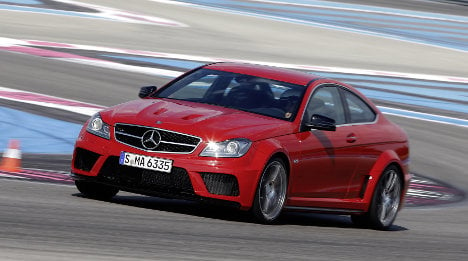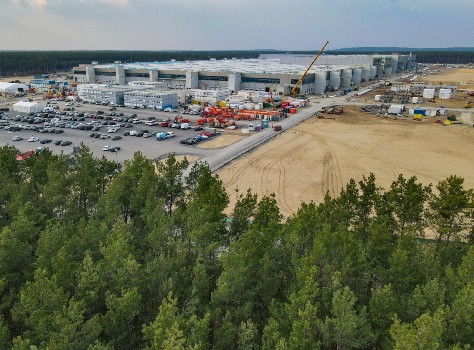Daimler posted an annualised 30 percent jump in net profit to €1.7 billion, while core earnings before interest and taxes (EBIT) reached €2.581 billion, from €2.104 billion in the same period a year earlier.
Analysts polled by Dow Jones Newswires had anticipated a net profit of €1.58 billion and EBIT of €2.47 billion.
Daimler forecast that its full-year core earnings “will very significantly exceed the level of 2010,” or €7.3 billion. The company also now expects full-year sales to be “significantly more than €100 billion.”
An analyst quoted by Dow Jones nonetheless said that Daimler’s results were boosted substantially by its financial services unit, while the auto division was losing market share to BMW and Audi.
Daimler shares slumped by 2.03 percent to €50.76 in early trading on the Frankfurt stock exchange, while the DAX index was down by 0.56 percent overall.
In the three months from April through June however, group sales gained 4.8 percent to €26.3 billion, while Mercedes-Benz Cars posted its strongest core earnings ever at €1.566 billion, up from €1.376 billion a year before.
“The very good earnings trend is primarily a reflection of increased vehicle shipments by nearly all divisions,” Daimler chairman Dieter Zetsche was quoted as saying.
The group’s financial services unit posted core earnings of €340 million, almost double the year earlier figure of €171 million.
Strong demand for luxury cars in many major markets allowed Daimler to deliver a total of almost 360,000 vehicles in the three-month period, a figure that included sales of the group’s Smart city car.
“We are fully on schedule to turn 2011 into one of the most successful years in our long corporate history,” Zetsche said.
A pick up in global activity also boosted demand for Daimler trucks, which reported a nine percent increase in unit sales to 91,500 vehicles, while the value of those sales was 14 percent higher at €6.6 billion.
The analyst quoted by Dow Jones nonetheless said auto unit sales were below expectations and added: “This clearly shows that BMW and Audi are performing better and that Daimler is losing market share in the higher price segment.”
AFP/mry



 Please whitelist us to continue reading.
Please whitelist us to continue reading.
Member comments